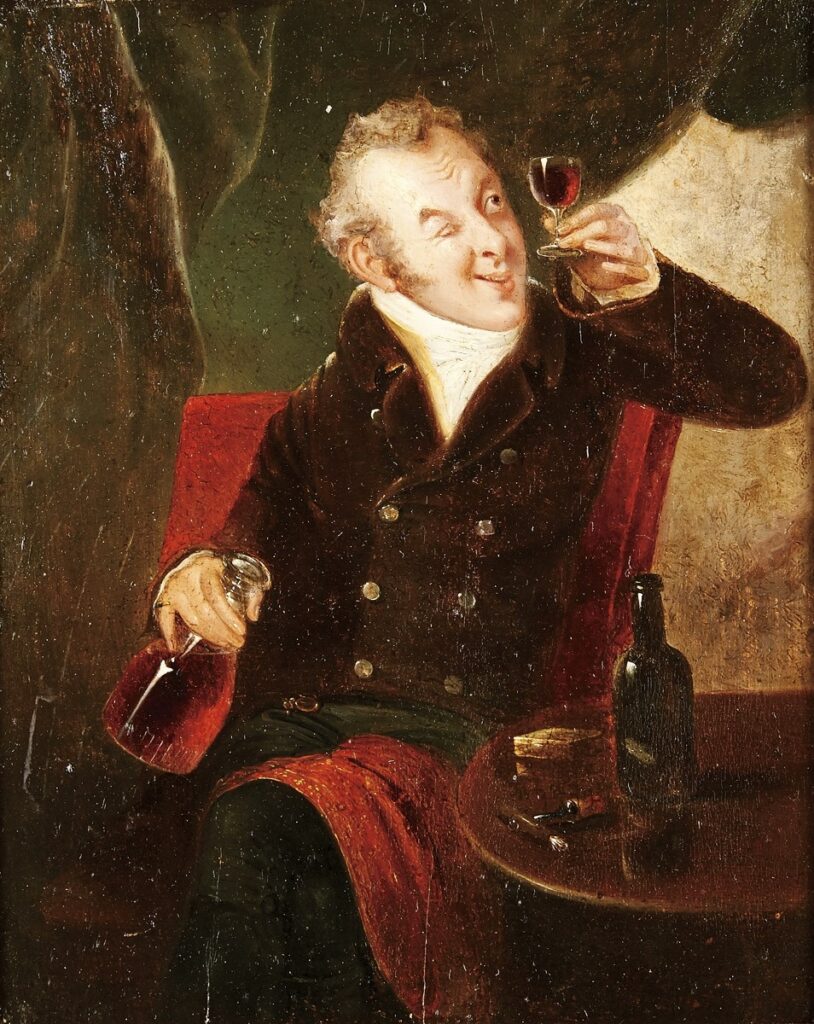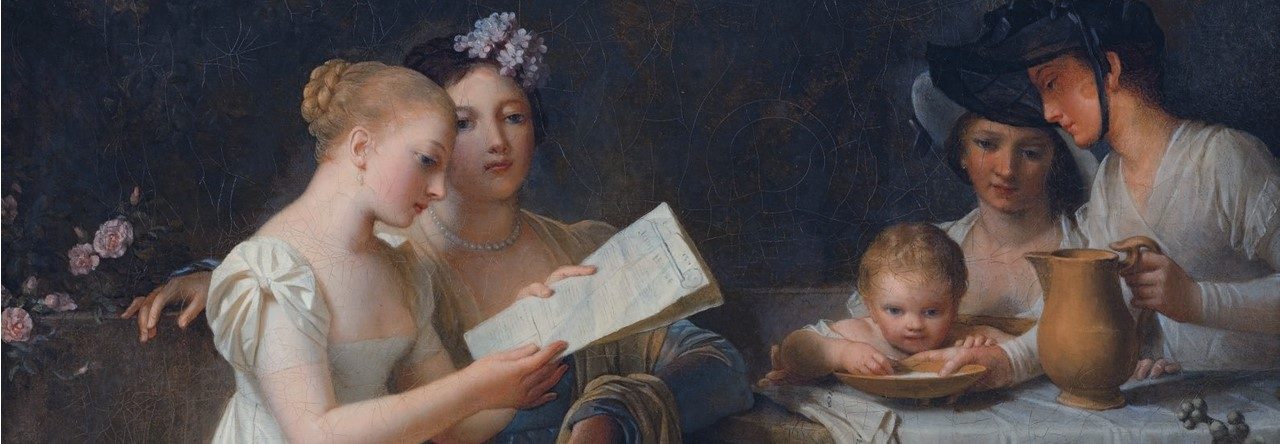The reporter we sent to investigate the rash of pranks and pratfalls that have plagued London today was unable to identify any single culprit. On the contrary, his report, reprinted below, implies this is a well known custom! Really? One can only shake one’s head!
S. Clemens. Editor
There are several theories regarding this holiday, which encourages pranks and mischievous behavior. One popular legend is that April Fools’ Day began with France’s 1564 Edict of Roussillon, which decreed that New Year’s Day be moved to January 1st.

Those who continued to celebrate the old New Year around Easter were called “April fools.”
Another possible precedent is the Greco-Roman festival called Hilaria, which was March 25. The festival honored Cybele, the ancient Greek Mother of Gods, and its celebrations included parades, masquerades, and jokes.
And yet, a third idea suggests that April 1st became the fool’s holiday due to Geoffrey Chaucer’s The Canterbury Tales, wherein he includes a playful reference to “32 March,” or April 1st. However, most scholars consider it to have been a mere copying error.
Wherever it may have originated from, April 1st has become world renowned with practical jokes and amusement.
About the Author
This interesting report came to us from Tabitha Waite. Her sources:
https://www.dictionary.com/e/fool/
https://time.com/4276140/april-fools-day-history/
This is her new series!



Leave a Reply